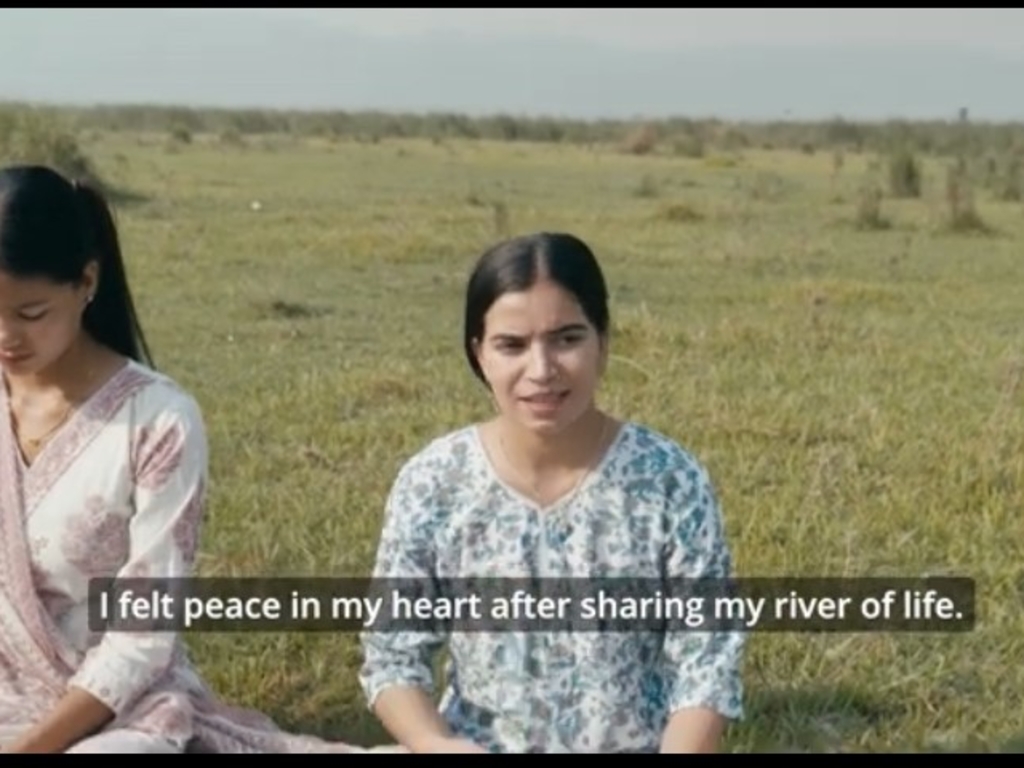How do people of different generations in Nepal experience the consequences of the ten-year armed conflict that ended in 2006 with a peace agreement? Two videos show young adults of the second generation and women of the first generation, who were directly affected by the conflict, exchange their experiences at intergenerational meetings. Most of them have lost family members. At the meetings, they speak about their suffering and feelings of revenge and begin a healing process that ultimately gives them the strength to demand their right to recognition collectively.
The women of the first generation were directly affected by the armed conflict between the Nepalese army and the Maoist Communist Party. Both the army and the Maoist rebels killed their husbands, often other family members as well, made them disappear, raped the women. The descendants of these women often know little about the armed conflict, which is not covered in school curricula. Yet, the second generation recognises the psychological consequences and the suffering of their mothers, who do not want to share the burden with their children.
In the second generation, feelings of revenge develop towards those who fought on the opposing side. At the meetings, perceived enemies come together, those who have directly or indirectly experienced violence from the army or the Maoist rebels. Thanks to these encounters at the intergenerational meetings, participants can lay aside their mistrust of “the other” and begin the healing process together. They realise that they are not alone in their pain and in facing challenges such as social discrimination resulting from the violence they experienced.
Making patriarchal power relations visible
Young men are expressly invited to the meetings. Nagarik Aawaz, our long-standing partner in Nepal, pursues a feminist approach that makes underlying patriarchal power relations visible. At the intergenerational meetings, the organisation focuses on women's experiences, fully aware that lasting change also requires the participation of men. Nagarik Aawaz creates spaces where women feel safe and can speak without fear or pressure – and goes one step further by involving the sons in the meetings, making them the allies of the affected mothers.
An important aim of these meetings is to strengthen the participants' agency. Together, the survivors and their descendants demand recognition and reparations from the government.
Find out more about our programme in Nepal.
Am I the only one going through this pain? When I come here and listen to the stories of others, I realise that I'm not the only one.
When I return home from this meeting, I really want to hear my mother's story. It is important for us, the second generation, to understand the suffering of our mothers.
Earlier and later events
Previous post:
